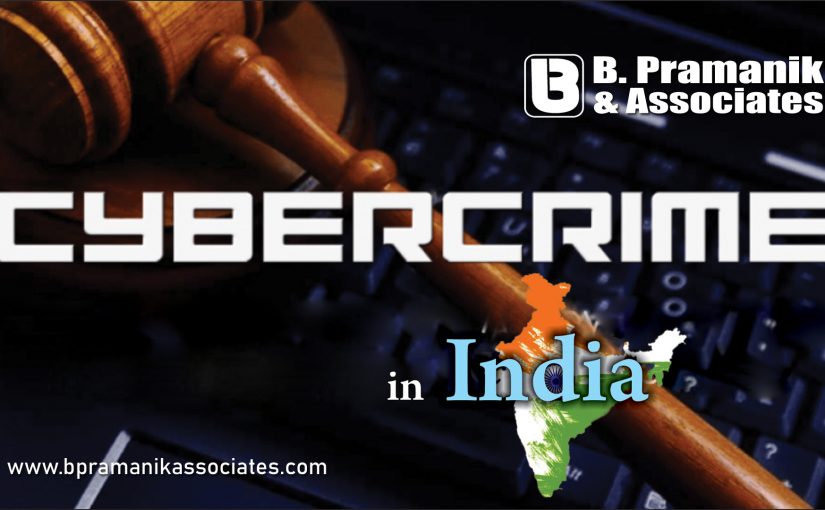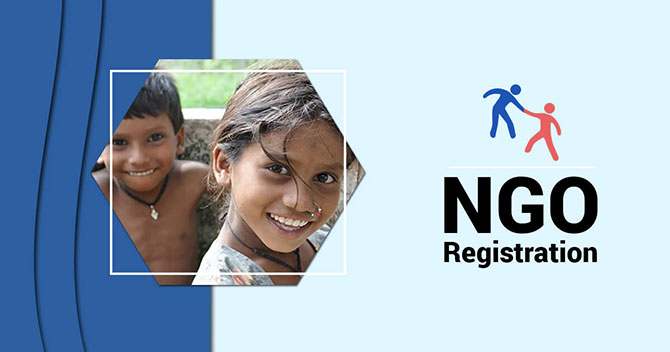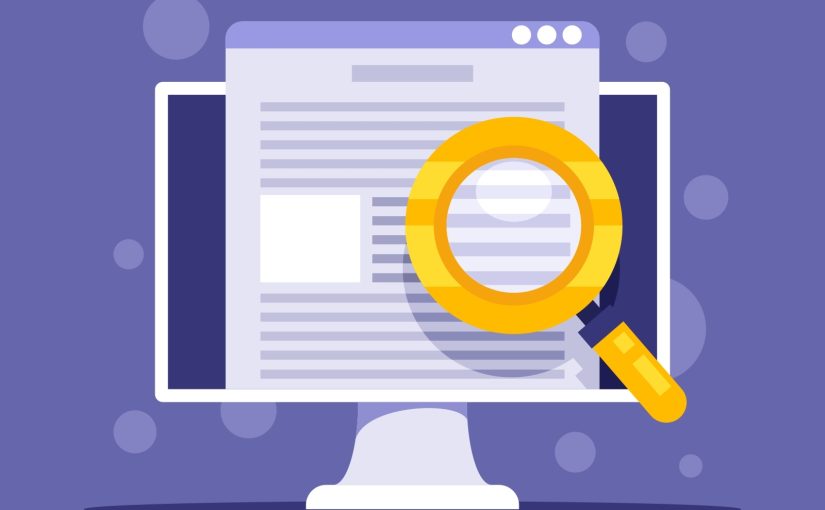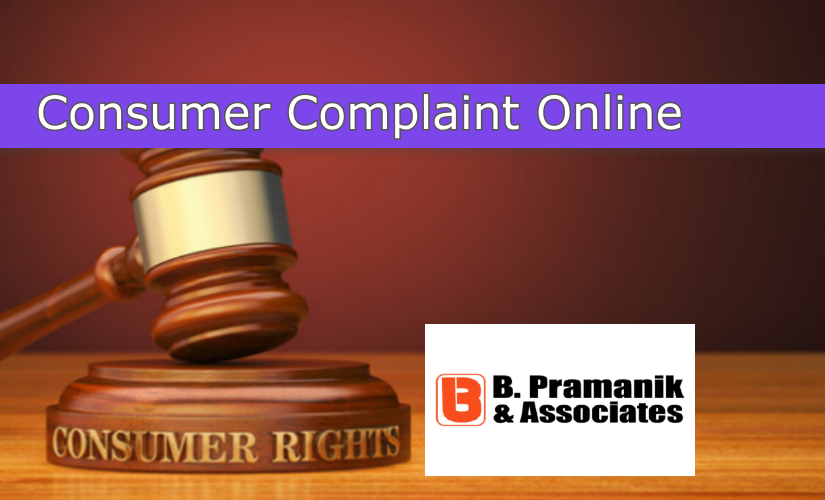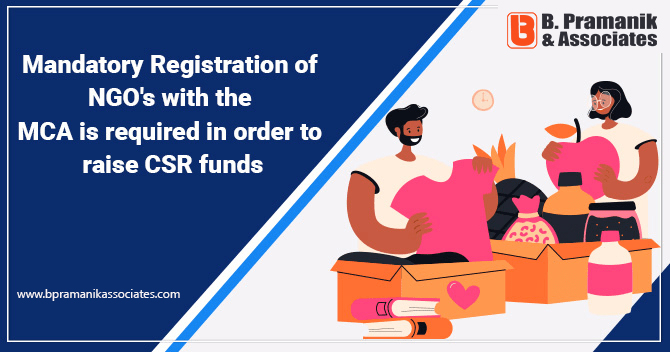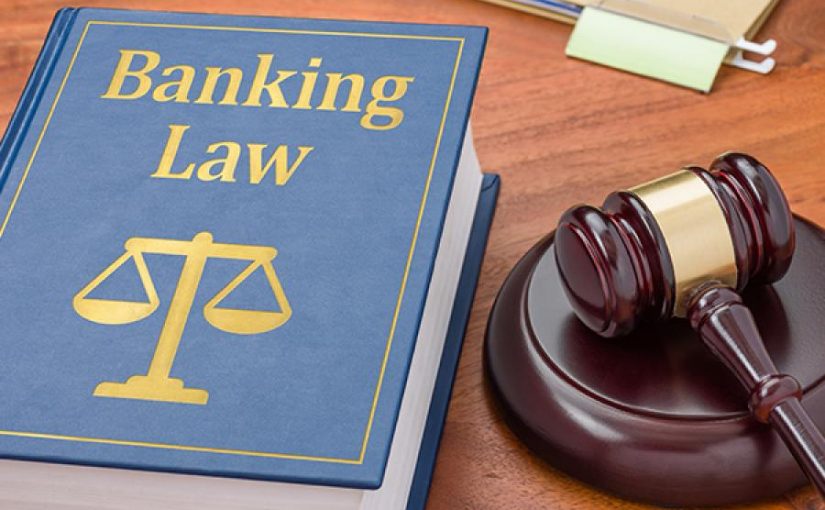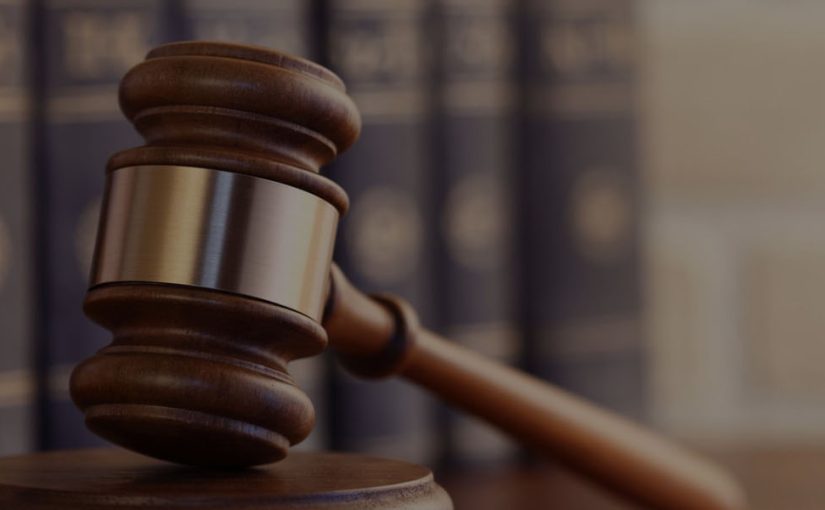
Public interest litigation (PIL): Promoting Fairness for All
Public Interest Litigation (PIL) has become increasingly important for social justice litigation in India. It is a powerful tool to uphold the constitutional rights of citizens and promote public welfare. In this blog post, we will explore the basics of PIL in India, its constitutional provisions, the role of non-governmental organizations (NGOs) and other organizations in filing PILs, case studies on environmental protection, and the developments and challenges of public interest litigation in India. With this overview, we hope to provide a comprehensive understanding of public interest litigation in India and its role in promoting fairness for all.

Understanding The Basics Of Public Interest Litigation
PIL is a legal process that can be used to challenge government or corporate actions that are harmful to the public. In India, PILs play an important role in protecting the rights of citizens and promoting social justice. Here, we will provide an overview of the Indian Legal System and how PILs fit into it. We will also discuss some common characteristics of PILs, as well as the process and challenges involved in filing one. Finally, we will give you a snapshot of recent PILs and their impact on Indian society. By understanding the basics of public interest litigation, you can better understand its importance in India and around the world.
Constitutional Provisions For PIL In India
In India, there are a number of Constitutional provisions that permit citizens to file PIL. PILs are a powerful tool that can be used by citizens to challenge government decisions and promote social justice. This article will provide an overview of the various Constitutional provisions that permit PIL filing in India, as well as the process involved in filing a PIL. We will also discuss the difference between public interest litigation and private litigation, as well as examine some of the effects of PILs on public and government agencies. Finally, we will look at some of the significant PILs filed in India and their impact on society.
Effectiveness Of PILs To Uphold Fundamental Rights
Public Interest Litigation, or PILs for short, has had a long and successful history in India. This is thanks in part to the Supreme Court, which has played a proactive role in enabling PILs. PILs are unique compared to other forms of litigation because they allow individuals and groups to bring cases on behalf of the public interest. As such, they have a strong ability to impact public policy and promote social justice.
Despite their strengths, PILs face several challenges due to legal hurdles and procedural issues. Moreover, many cases do not result in substantive change or victory due to the legal framework that is currently in place. However, there have been recent successes where PILs have been successful in upholding fundamental rights. Overall, PILs are an effective tool for promoting social justice and upholding fundamental rights. They should be used more frequently with care taken to address potential legal hurdles and procedural issues.
An Examination Of PILs As A Tool To Enforce Fundamental Rights In India
PILs, or Public Interest Litigation, is a tool that is often used to enforce Fundamental Rights in India. This article will explore the history of PILs in India and discuss their major components. We will also look at the implications and consequences of using PILs as a means of enforcing rights, as well as the challenges that have been faced while implementing them. Finally, we will provide some tips on how to best use PILs to protect your rights.
PILs were first introduced in India in the 1960s in response to growing social welfare concerns. At that time, there was a lack of effective legal recourse available to citizens who were experiencing injustices. PILs allow individuals and groups to bring lawsuits on behalf of the public interest by using judicial review to challenge laws or government actions that they believe are unconstitutional or illegal.
PILs comes with a number of major components, including the right to petition (the filing of a lawsuit), the right to be heard (a hearing during which parties involved in the case can present their arguments), and the right to appeal (the right for an individual or group who has won their case in court to ask for further redress). In addition, PILs mandate that courts take into account public opinion when making decisions about cases. This is because PILs are often used as tools for social activism – by bringing cases forward, citizens can pressure their government officials into taking action on issues that they care about.
Since its introduction in India over 50 years ago, PILs have had a significant impact on social welfare activities within the country. For example, PILs have helped secure minimum wages for workers; protected environmental rights; safeguarded minority communities from religious persecution; and increased access to education and healthcare for vulnerable populations. However, like all forms of activism, PIL use has also resulted in some challenges – namely interference with legitimate government functions and threats against individuals who file suits through PIL proceedings.
While there are no silver bullets when it comes to ensuring protection under Fundamental Rights laws – such as freedom of expression or assembly – advocates argue that using PILS is one important way of ensuring these rights are upheld. Furthermore, according to several experts, other legal remedies such as Constitutional petitions or civil suits do not always provide adequate redressal mechanisms for those whose fundamental rights have been violated. As such, advocates argue that there is merit.
Role Of NGOs And Other Organizations In Filing PILs
Public interest litigation, or PILs for short, is a powerful tool that NGOs and other organizations use to protect the rights of citizens. These cases can be used to bring about positive change in India by forcing government institutions to adhere to the Constitution and laws of the country. While PILs are not always successful, they are an important part of the legal system in India.
As you might know, PILs fall into one of two categories: those that deal with a judicial review (a form of judicial review where a court reviews the actions or decisions of a government institution), and those that deal with substantive issues such as environmental protection or human rights. It’s important to understand which type of PIL you’re filing because there are specific provisions in the Indian Constitution that allow for these lawsuits.
NGOs and other organizations also rely on a number of sources of authority when filing PILs. These sources include international human rights treaties ratified by India, Supreme Court decisions, case law from various courts across India, as well as statutes passed by parliament. Understanding these sources will help you familiarize yourself with how PILs work and give you an idea of what types of cases NGOs are most likely to file.
Once you’ve decided which type of PIL you want to file, the next step is to research the relevant law involved. This includes reading jurisprudence from different courts across India as well as studying relevant statutes passed by parliament or regulations issued by government institutions. Once you have a good understanding of the law, it’s time to identify any defects in government action that can be addressed through a PIL lawsuit. Finally, it’s important to prepare your case properly so that it can be brought before an appropriate court and have its decision implemented effectively. In short – being aware of legal issues related to public interest litigation in India is essential if you want to support NGO activity through filing PILS!
Creating A Fairer Legal System Through Public Interest Litigation
PIL is a legal process that allows individuals or groups to bring legal actions on behalf of the public interest. This can include issues such as corruption, environmental degradation, and social justice. PIL is a powerful tool that can be used to help protect the public from harm.
At its simplest, PIL involves filing a lawsuit on behalf of the public interest. This can include filing a lawsuit against an individual or organization that has harmed or is about to harm the public interest. However, PIL is much more than just filing lawsuits – it’s also about using the law to hold government officials and other actors accountable.
In India, PIL has been used extensively to fight for social justice and protect the rights of individuals and groups who are vulnerable or marginalized in society. Some of India’s most successful PILs have involved challenging government policies that violate human rights or environmental protections.
The judiciary plays an important role in PIL proceedings by providing guidance and support to plaintiffs. In addition, legislative frameworks have been created that provide the necessary resources for successful PILs. The advantages of PIL include its ability to hold government officials and other actors accountable for their actions, as well as its potential impact on social change and the overall legal system in India. Disadvantages include the fact that some critics argue that PIL is too often used inappropriately or without proper justification; however, these criticisms have not stopped Indian courts from awarding significant financial awards in favor of plaintiffs in recent years.
Successful Pils must take into account a variety of factors such as strategy, timing, budget constraints, and target audience – all of which vary depending on the issue being pursued. Despite these challenges, there is no doubt that Public Interest Litigation remains one of India’s most powerful tools for safeguarding civil liberties and advancing social justice.
Case Studies On Environmental Protection Through PILs
Public Interest Litigation, or PIL for short, is a legal process that can be used to champion social justice issues. This process can be used to bring attention to important matters that need to be addressed in the public sphere, and it can create change by empowering citizens. By learning about the various steps and procedures involved in filing a PIL case in India, you can empower yourself and your community to take action on important issues.
When considering whether or not to file a PIL case, it’s important to understand the various legal proceedings that will take place. Typically, a PIL case will start with a consultation between affected parties and the court. After this stage is complete, the petitioner (the person filing the case) will prepare their pleadings which are then submitted to the court for consideration. Following this, evidence will be collected and filed with the court, and final judgment may be rendered on behalf of the court.
Throughout this process, the law can be used to champion social justice issues by creating positive change in public policy or law. For example, through litigation on behalf of marginalized communities or those facing discrimination at work or school, the law can help bring about change that benefits everyone in society. Case studies of successful PILs filed in India provide valuable insights into how public interest litigation works and how it can benefit people across different sectors of society.
It is also important to keep in mind the potential impacts of PIL on public policy and interests. For example, if a particular issue is highly controversial or sensitive politically, then filing a PIL could backfire by further polarizing an already divided population. Likewise, if government officials are opposed to any proposed changes, then they may use legal proceedings as an opportunity to delay or stop those changes from being implemented altogether, something that would ultimately harm citizens more than help them.
Fortunately, there are many strategies available for empowering citizens through advocacy and education – two essential tools for any effective PIL campaign. NGOs, media outlets, newsletters, websites, etc., and individual citizens, have all utilized PILs over time to create positive change on numerous issues ranging from human rights abuses targeting minorities, environmental degradation, labor rights, etc. By greening our justice system, we can equip ourselves with the necessary tools for effecting real systemic change – something that is desperately needed in today’s world.
Examining The Impact Of PILs On Environmental Protection In India
Public Interest Litigation, or PILs, is a powerful legal tool that can be used to advance public causes. In India, PILs have been used extensively to protect the environment and promote social justice. This blog will examine the definition of PILs in India, the legal process through which they are pursued, the types of petitioners who can file them, and the impact of PILs on advancing public causes. We will also look at some successful PIL cases related to environmental protection in India and discuss potential limitations and challenges with regard to this legal form.
PILs in India has a long history dating back to colonial times. They were originally used by groups of people who felt that they had been wronged by government officials or private individuals. Over time, however, PILs have been used more broadly to address a variety of issues that are important to the public. Today, they are frequently used to protect the environment and promote social justice.
To file a PIL in India, you must first find an appropriate case or issue that you believe needs attention. Once you have identified an issue that you believe is worthy of pursuit through litigation (the process of filing a lawsuit), you will need to assemble all of your evidence – research papers, eyewitness testimony etcetera – into one document known as a petition (or application). You will then submit this petition to either a lower court or Supreme Court in order for it to be considered for adjudication (resolution). If your petition is accepted for adjudication by either court, it will proceed directly to trial (a hearing where both sides present their arguments). If your petition is rejected at any stage during the judicial process then it cannot be proceeded with and must be abandoned.
There are several factors that can influence whether or not a PIL is successful in advancing public causes: the strength of the evidence presented, whether or not there is consensus among judges on how best to handle the matter, how willing parties involved in the case are willing to participate, and finally public opinion about whether or not pursuing litigation is in line with legitimate goals/interests associated with particular cases/issues/subject matters etcetera. While there are many limitations associated with using PILs as part of an overall strategy for achieving environmental justice outcomes in India – both practical (elements such as weak evidence) and constitutional (elements such as lackluster due process rights afforded litigants) – they remain one powerful tool available for challenging state power on behalf of marginalized communities.
Developments And Challenges For Public Interest Litigation In India
PIL is a powerful and effective way to achieve fairness for all in Indian society. It has been playing an increasingly important role in Indian jurisprudence over the past few years, and there are many developments and challenges that need to be addressed. In this section, we will discuss the definition of PIL, its role in India, recent developments in public interest litigation, and some of the challenges that it faces. We will also explore some potential ways to make PIL more effective for both citizens and society as a whole.
Public interest litigation is defined as any legal proceeding that is initiated on behalf of the public or with a view to promoting the public good. This can include cases that focus on issues such as corruption or environmental degradation, as well as traditional civil rights cases such as discrimination or human rights abuses. Public interest litigation has been playing an increasingly important role in India since its introduction into the legal system over two decades ago. In 2015, public interest litigation accounted for almost one-third of all court proceedings in India.
Despite its growing popularity, public interest litigation faces several challenges that need to be addressed if it is going to be more effective for all involved. For example, public interest litigation can often be expensive and time-consuming to initiate and maintain, which can limit its reach into poorer communities that may not have access to other forms of legal assistance. Additionally, courts may not always be able to provide a fair hearing for all parties involved due to cultural differences or logistical constraints. Strategies are needed to ensure that all voices are heard and that justice is achieved through PIL.
In addition to addressing these challenges directly, there are also broader implications for law and order in India if PIL is successful in achieving systemic change. For example, if corruption is successfully tackled through PIL by exposing government wrongdoing or holding officials accountable for their actions, this could lead to increased transparency and accountability within government institutions – ultimately improving law enforcement and social stability overall in India. While there are many opportunities for improvement when it comes to public interest litigation in India – including increasing accessibility and fairness – it remains an important tool for achieving systemic change within society.
Exploring The Impact Of PILs On Social Change In India
Public Interest Litigations, or PILs, are powerful tools that can be used to fight social injustice in Indian society. PILs are litigation proceedings that are brought by individuals, groups, or organizations on behalf of the public interest. This means that PILs can be used to challenge any sort of injustice – from corruption to environmental degradation – and they have a history of being extremely successful in achieving their objectives.
PILs are based on two key principles: the right to information and the right to justice. In order for PILs to be effective, they must follow a specific legal framework that was created specifically for these proceedings. This framework ensures that all parties involved – including the government, businesses, and individuals – have a fair chance of being heard.
PILs can have a huge impact on social justice in Indian society. They allow individuals and groups to fight for their rights using the court system, which is often seen as an effective way of resolving disputes peacefully and fairly. Furthermore, PILs have helped to increase public awareness of issues such as corruption and environmental degradation, which has led to increased pressure on government officials to change their behavior.
Despite their benefits, PILs also face some common challenges in terms of ensuring their effective implementation. Often, judges may not agree with the goals of the petitioner(s), making it difficult for these lawsuits to achieve success. Additionally, many people do not know about or understand PILs – meaning that they may not support them when they are presented with an opportunity to do so. There is also concern over whether or not sufficient resources will be available in future years to fund large-scale PIL cases. However, despite these challenges, there is no doubt that PILs remain an important tool for social justice activists in India and around the world!
To Wrap Things Up
PIL is an important tool for protecting the rights of citizens and promoting social justice in India. This blog post provides an overview of PILs, including their Constitutional provisions, the role of NGOs and other organizations in filing PILs, case studies on environmental protection and human rights, as well as the developments and challenges of public interest litigation in India. By understanding how PILs work within the Indian legal system, it is possible to promote fairness for all in India. It is essential that we use this tool responsibly to ensure that our Fundamental Rights are upheld and that justice prevails for all citizens.
